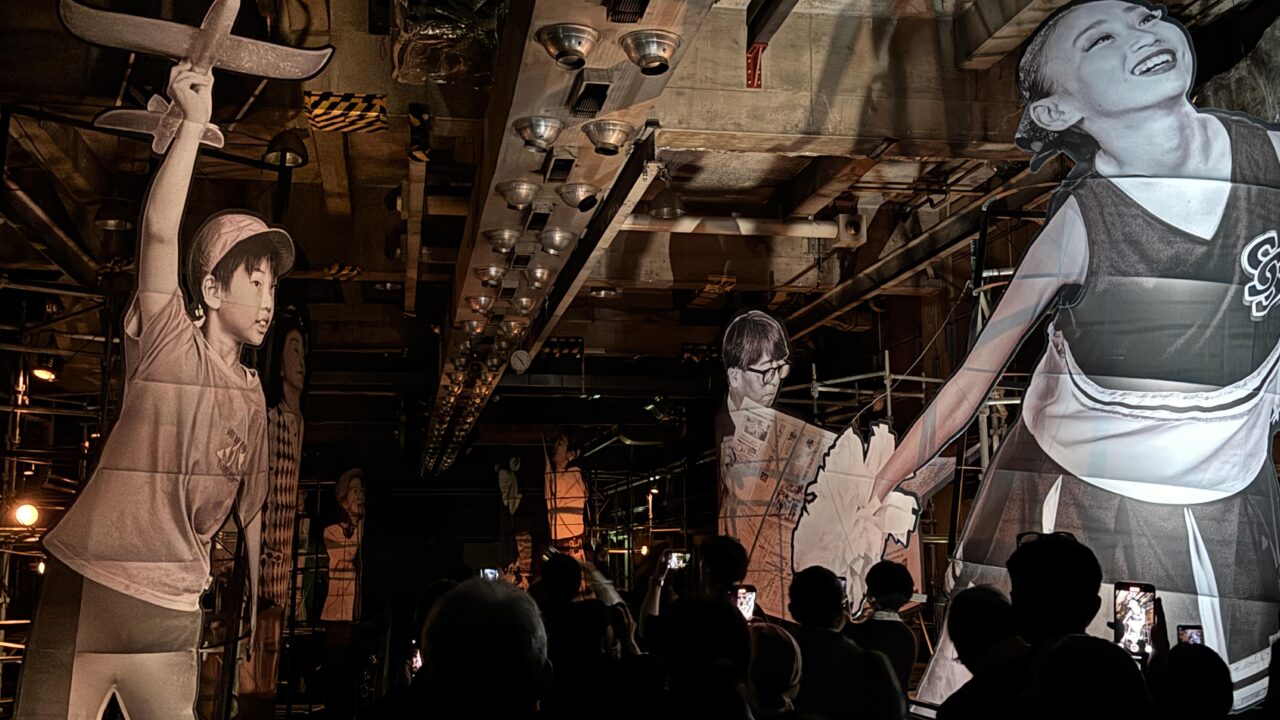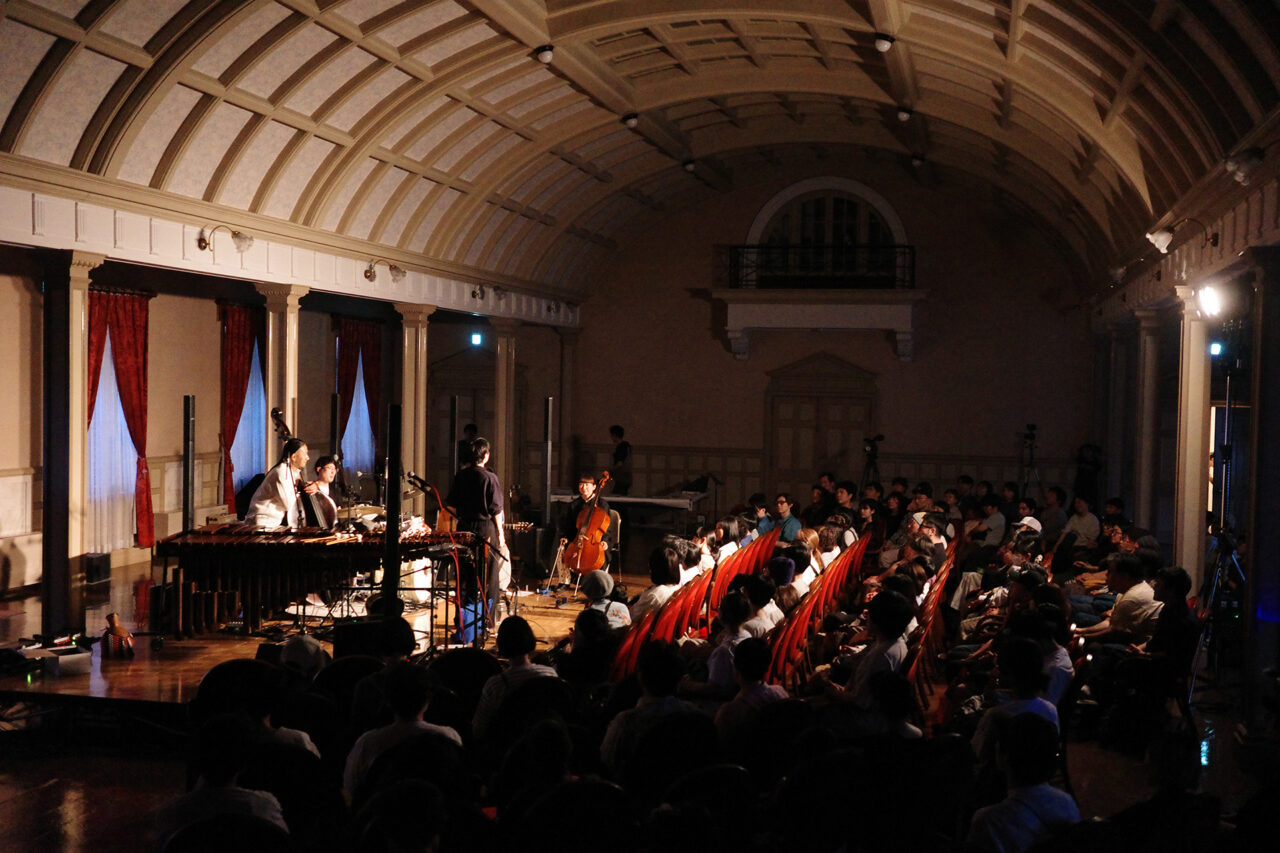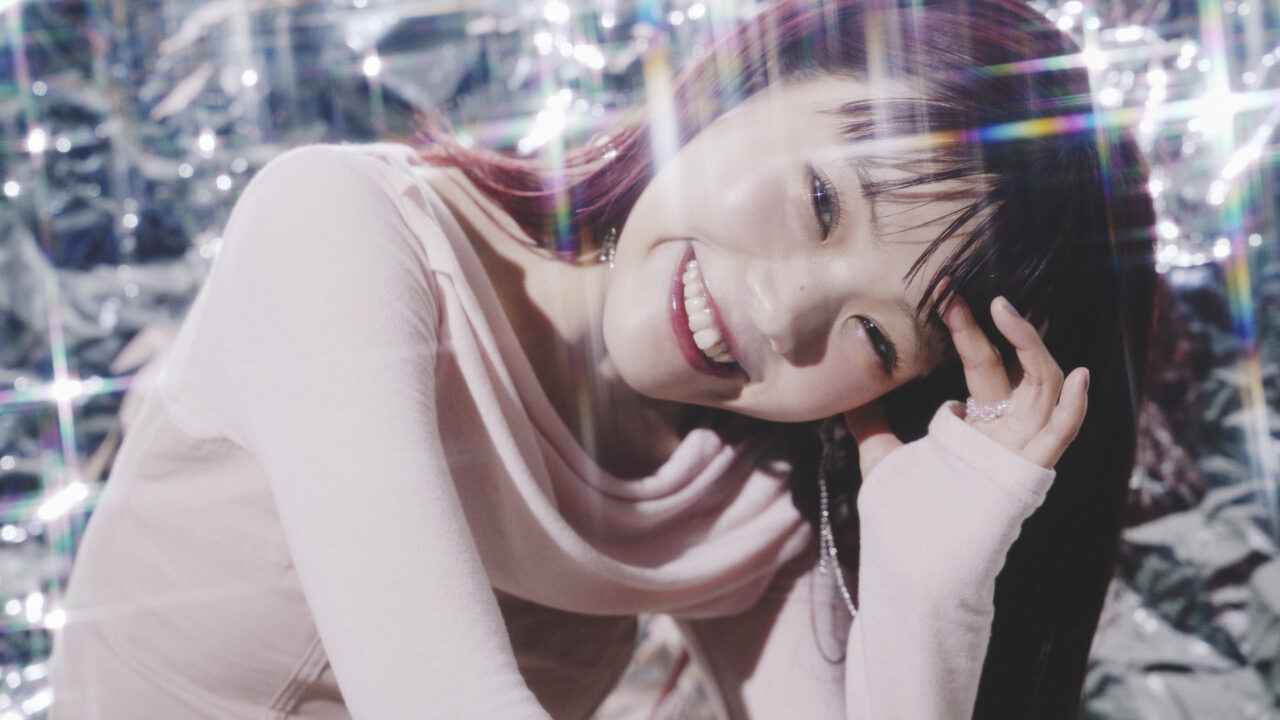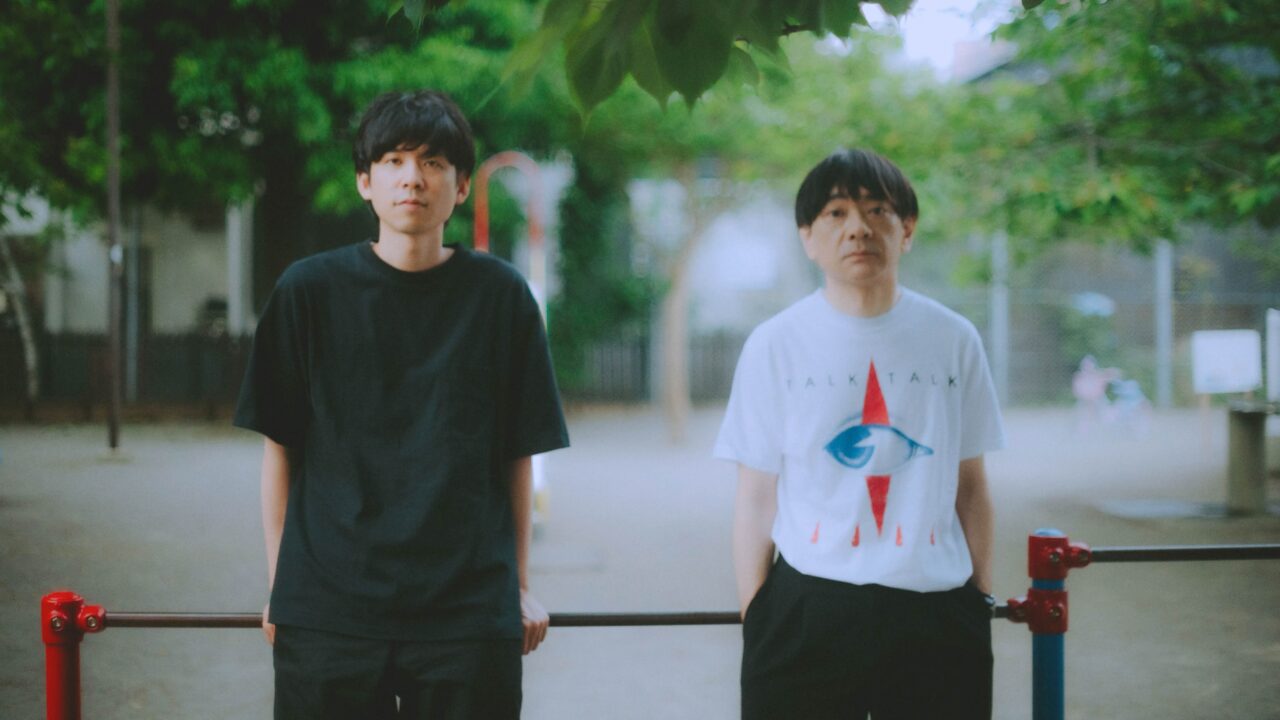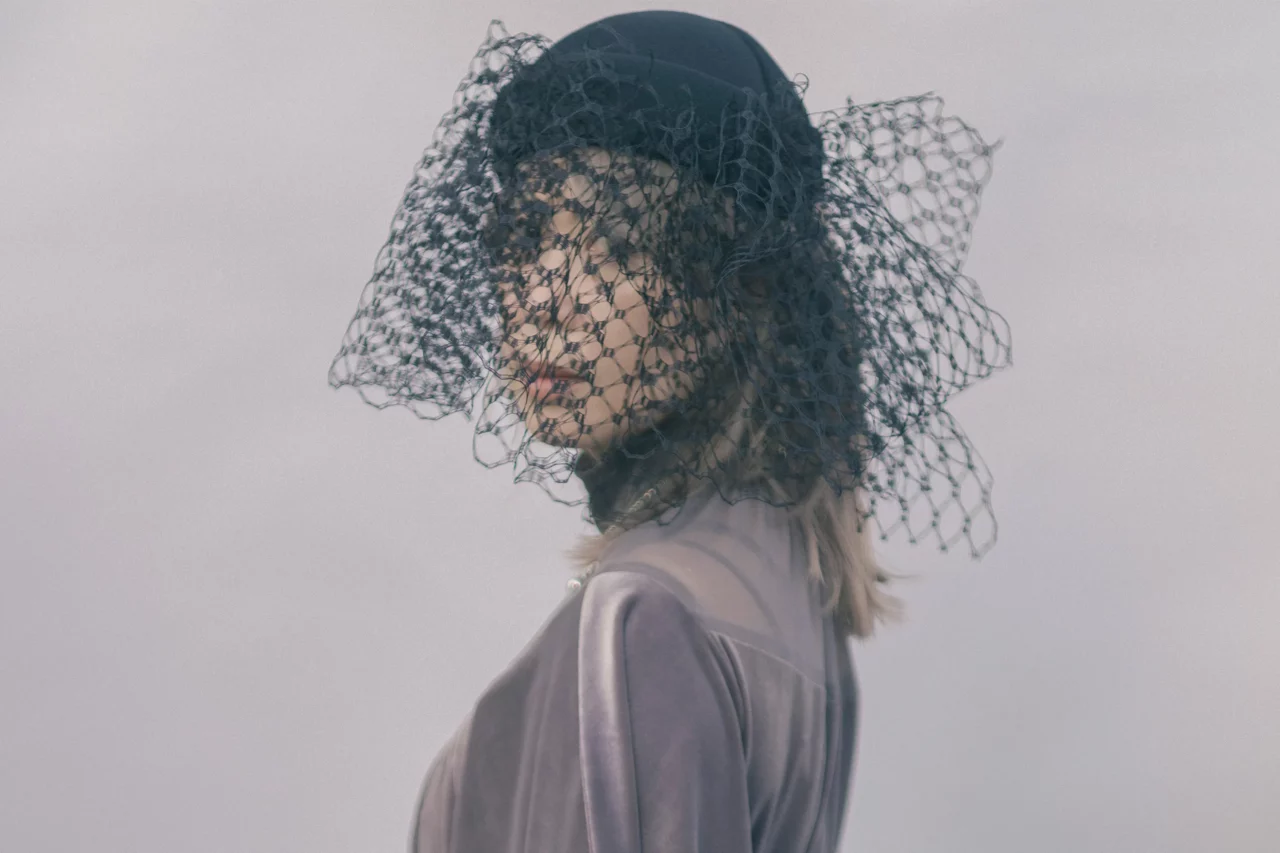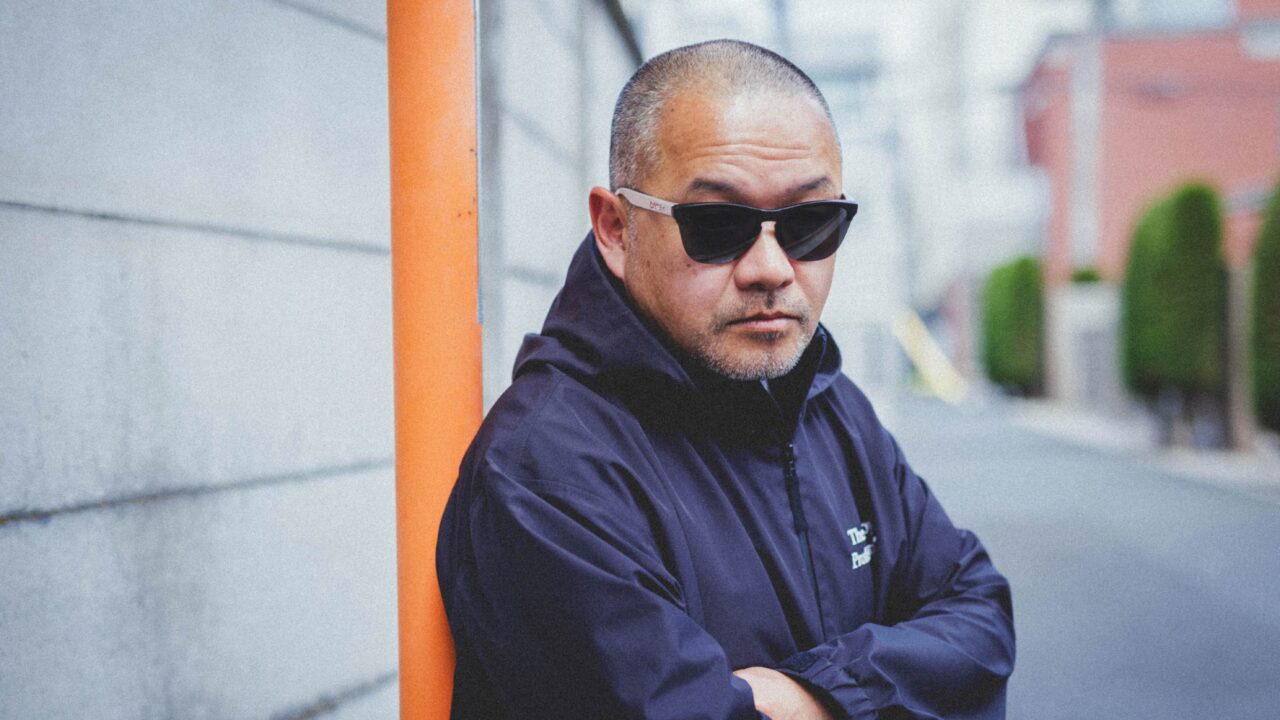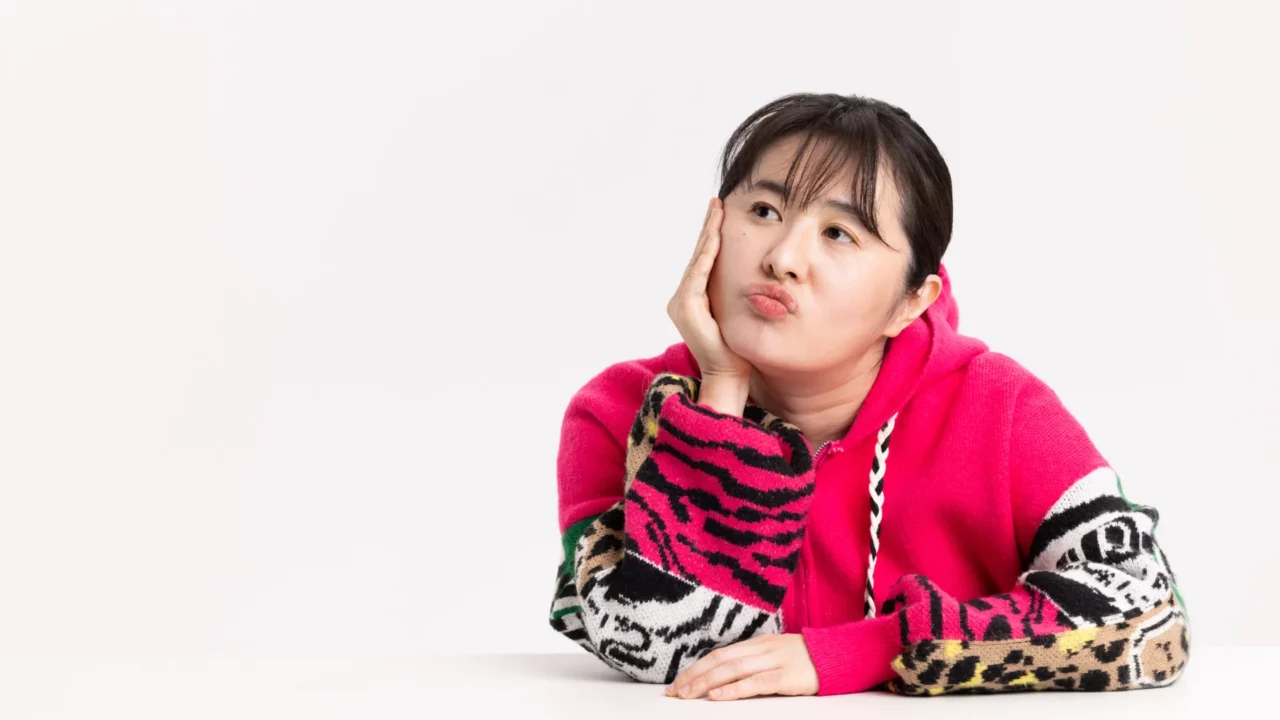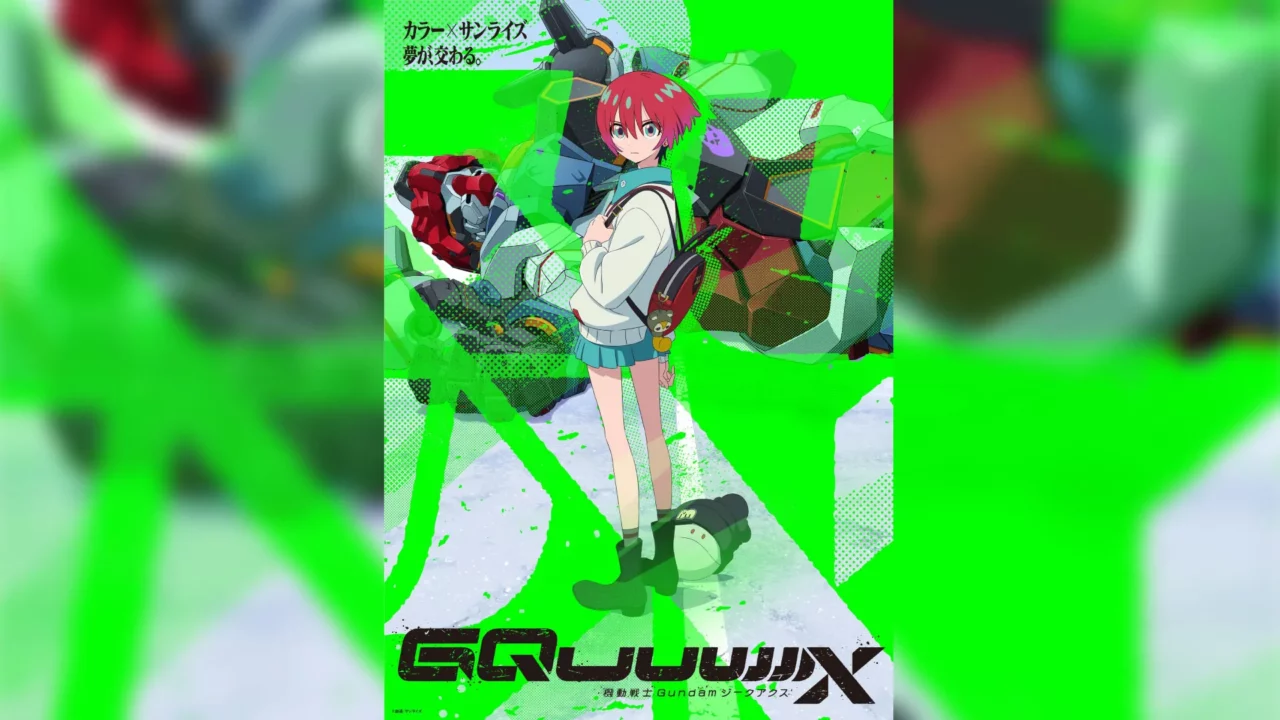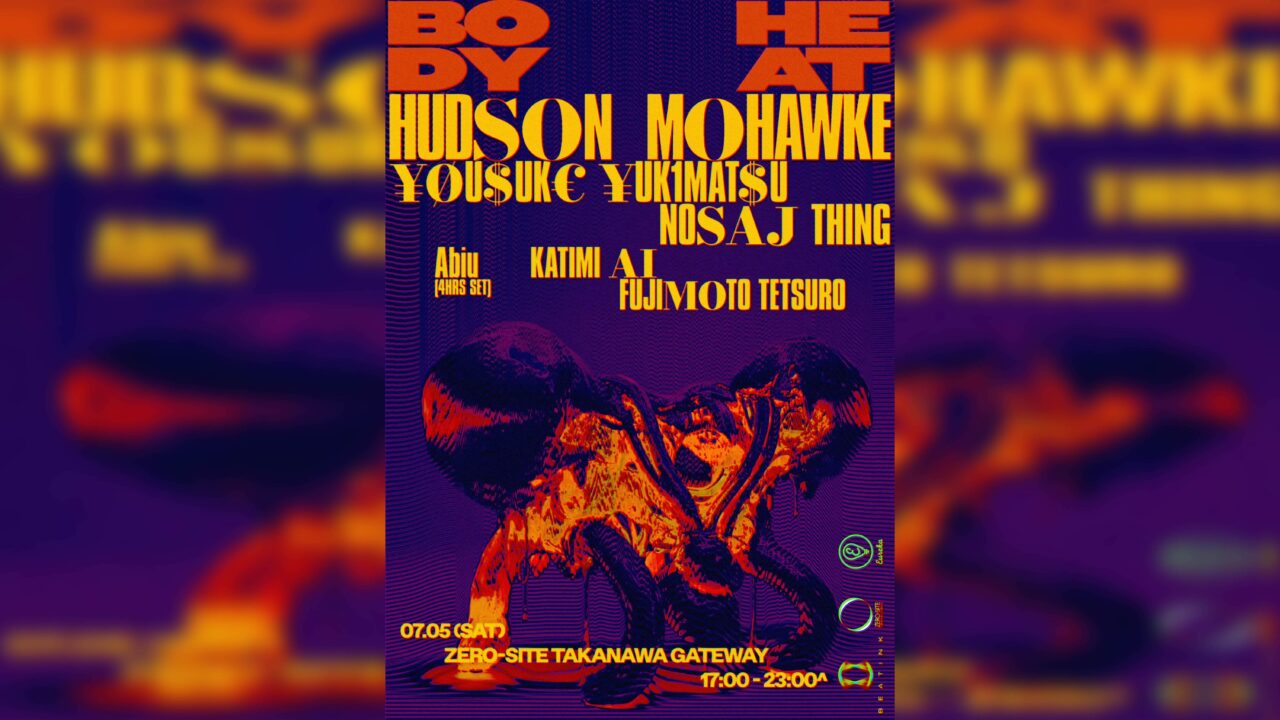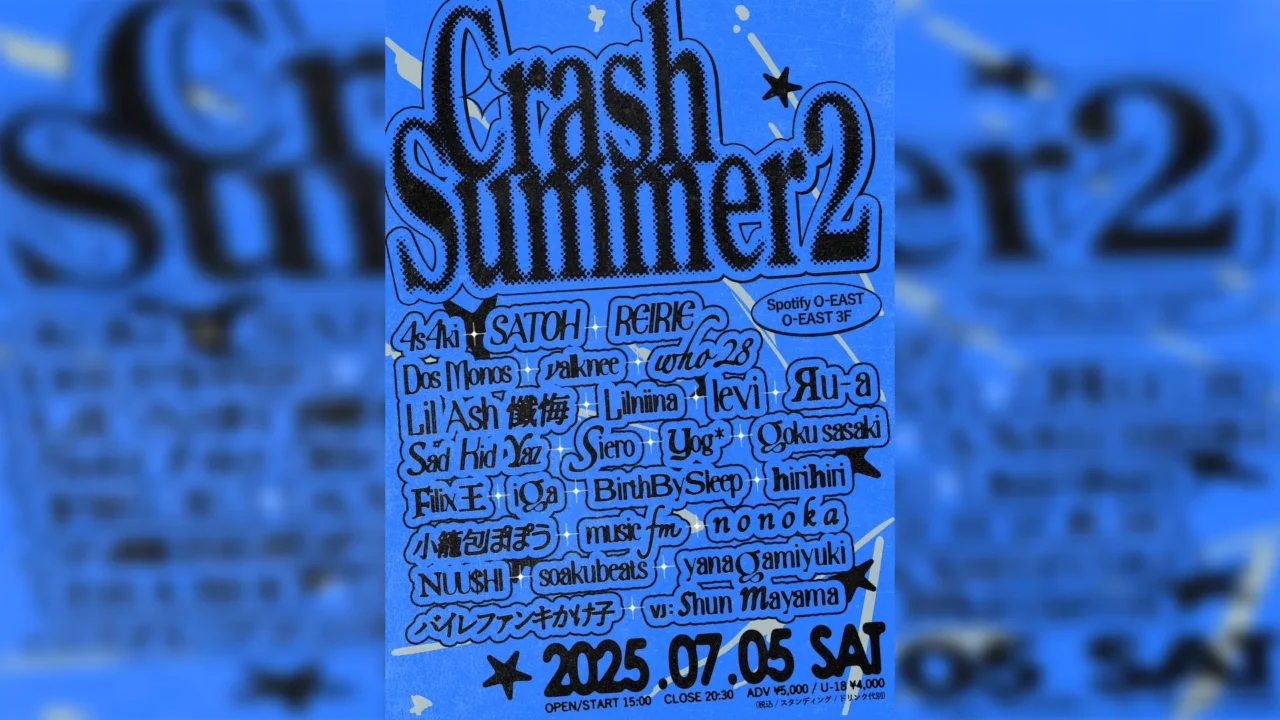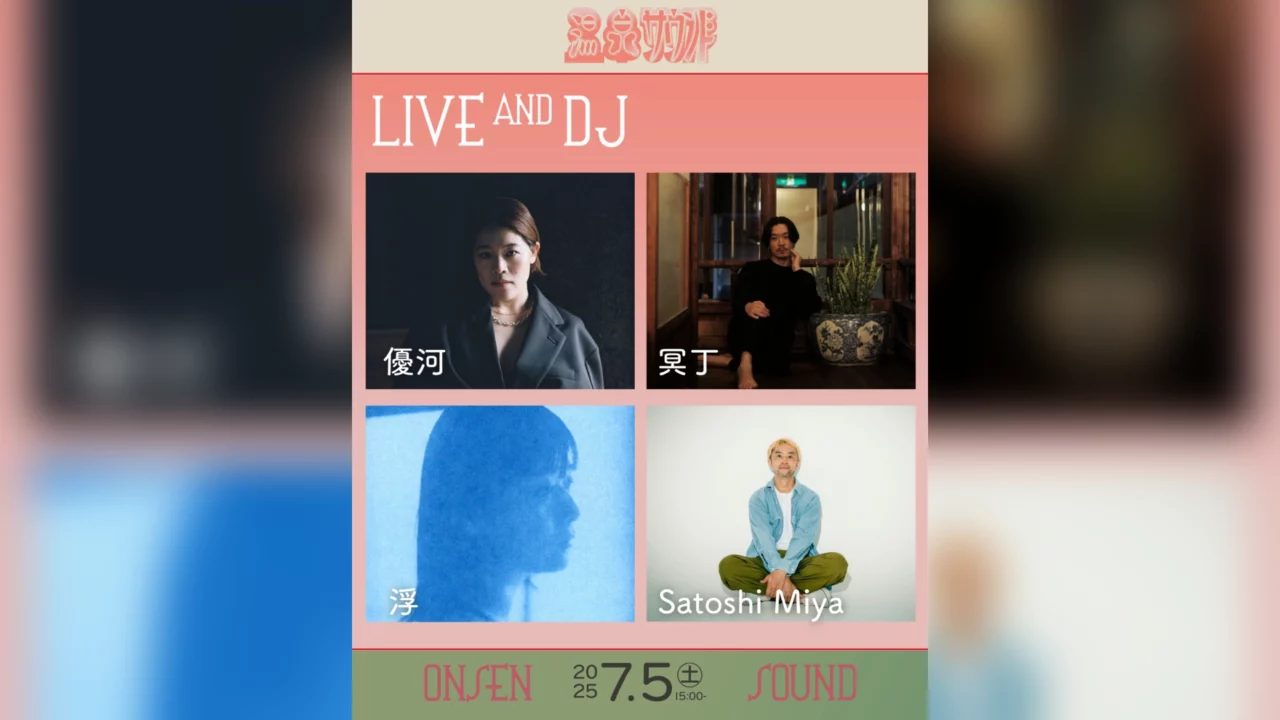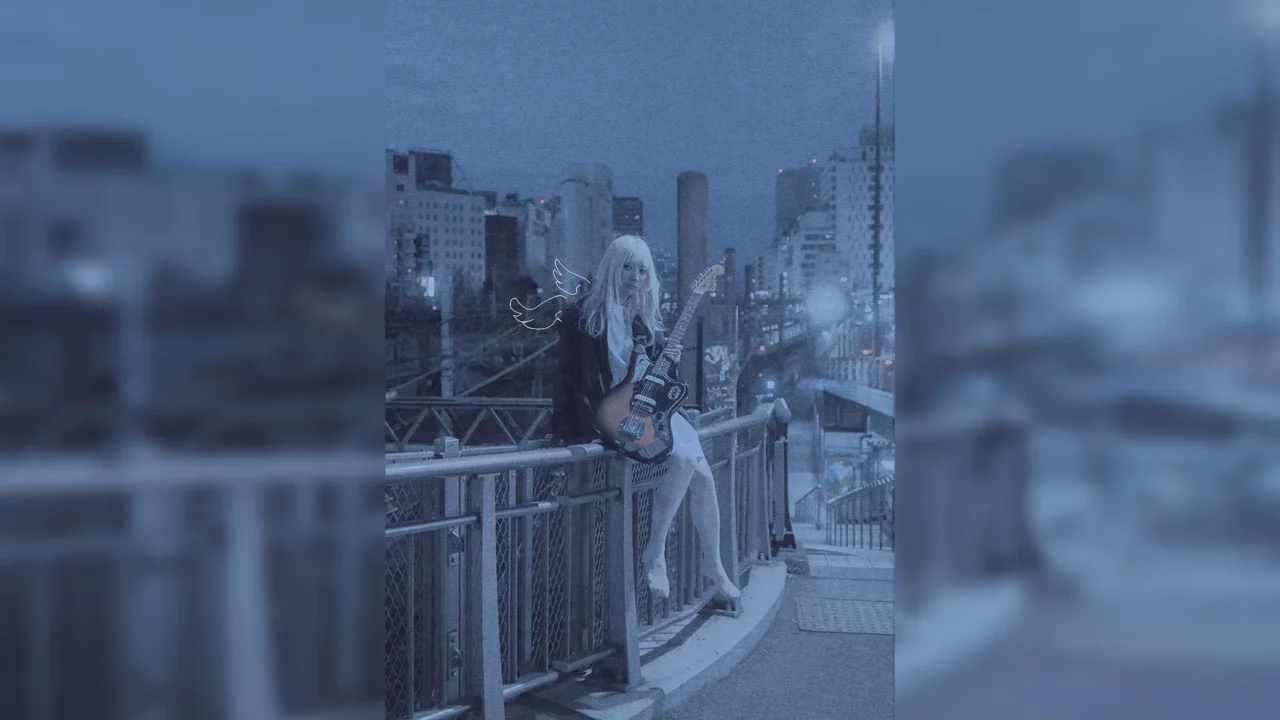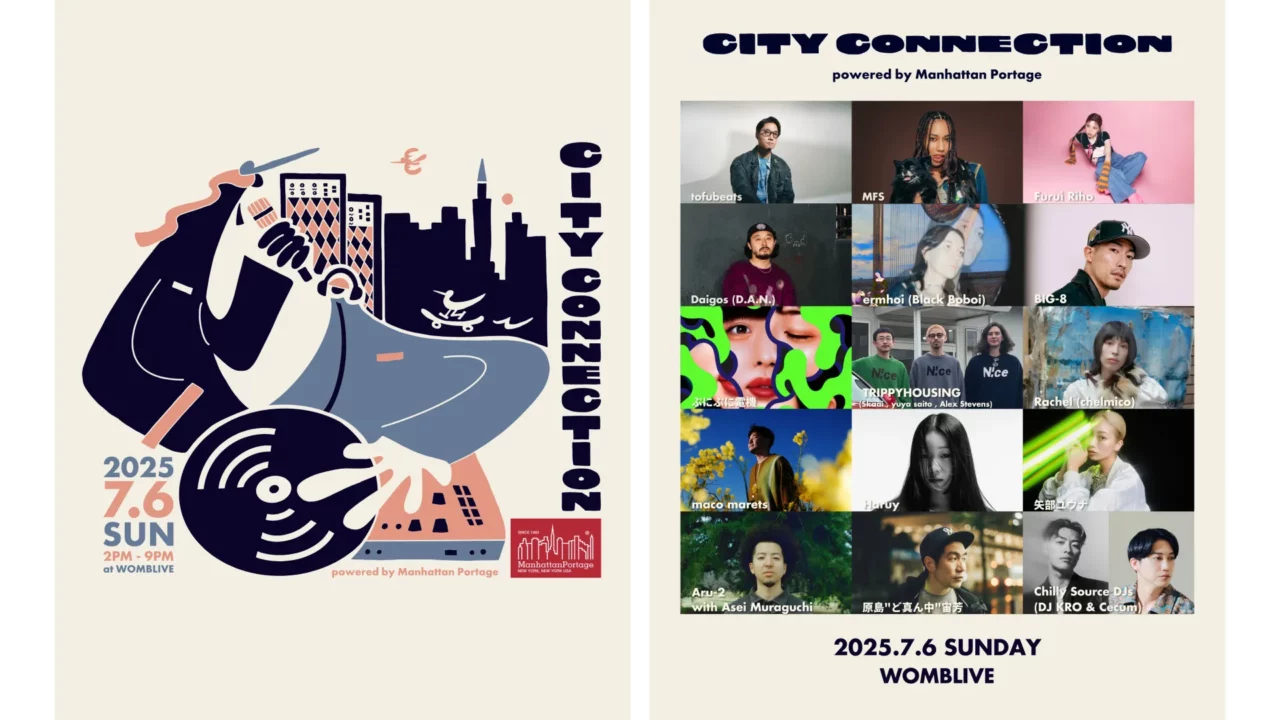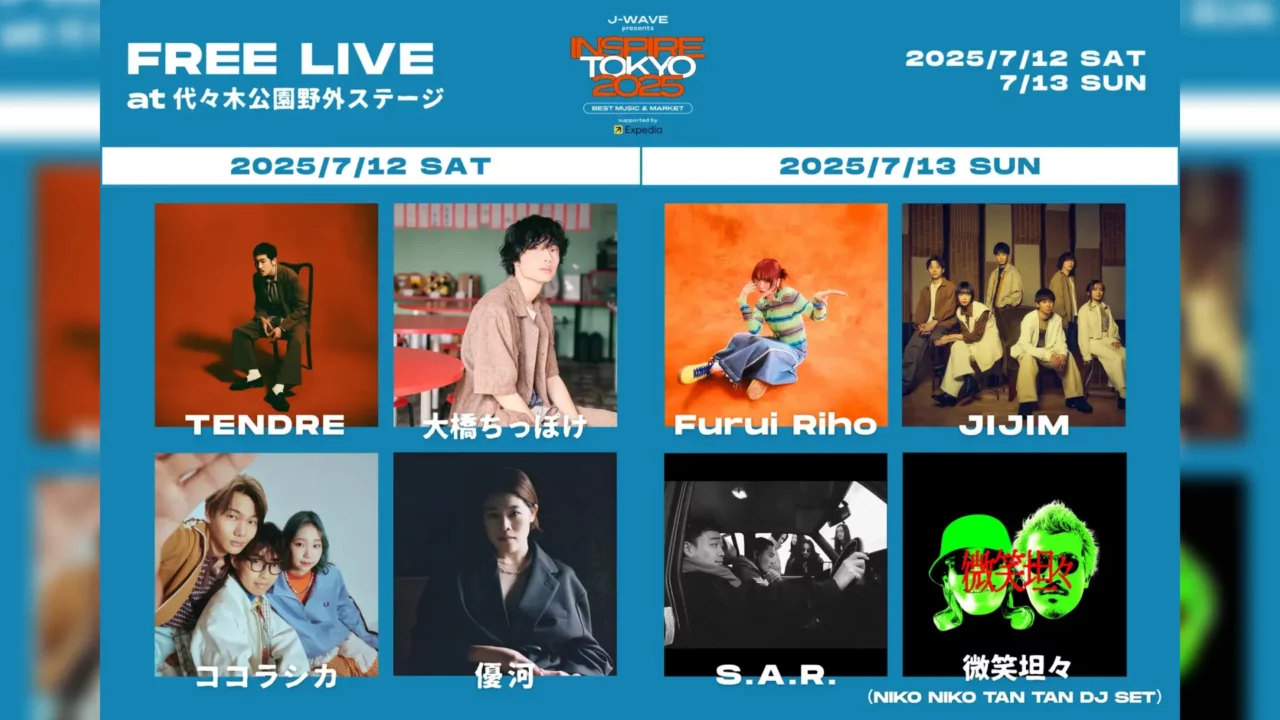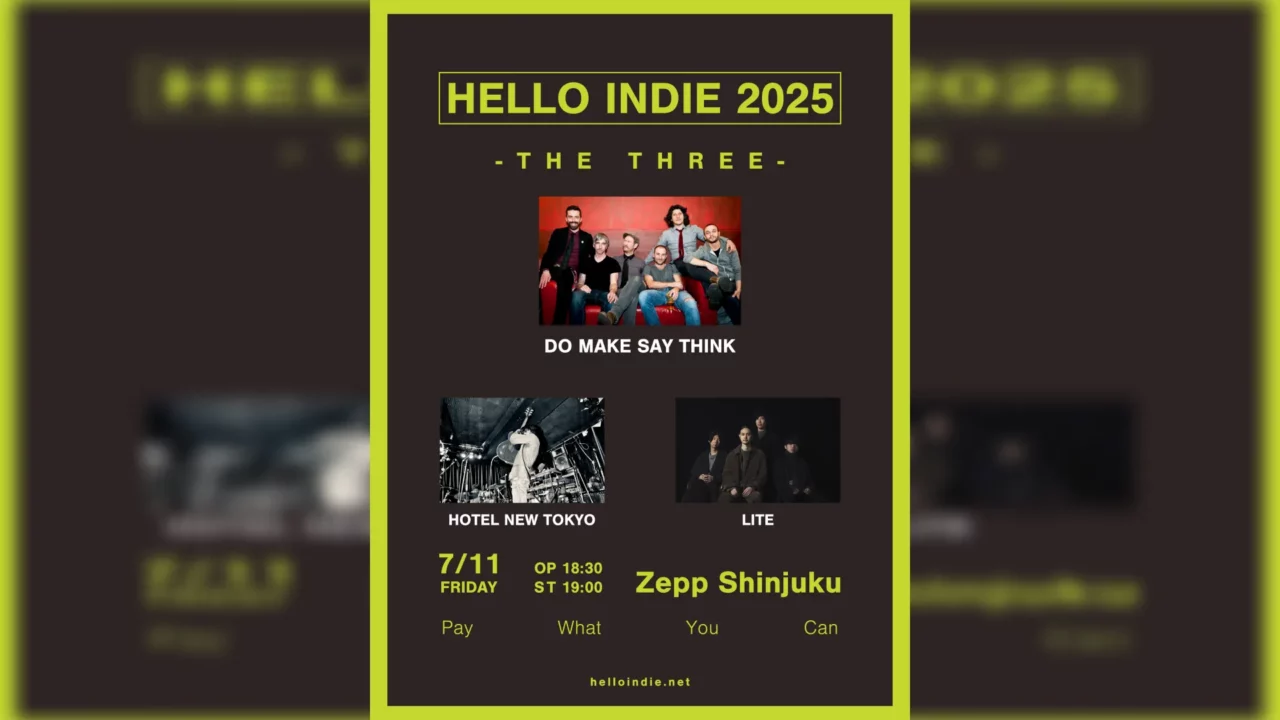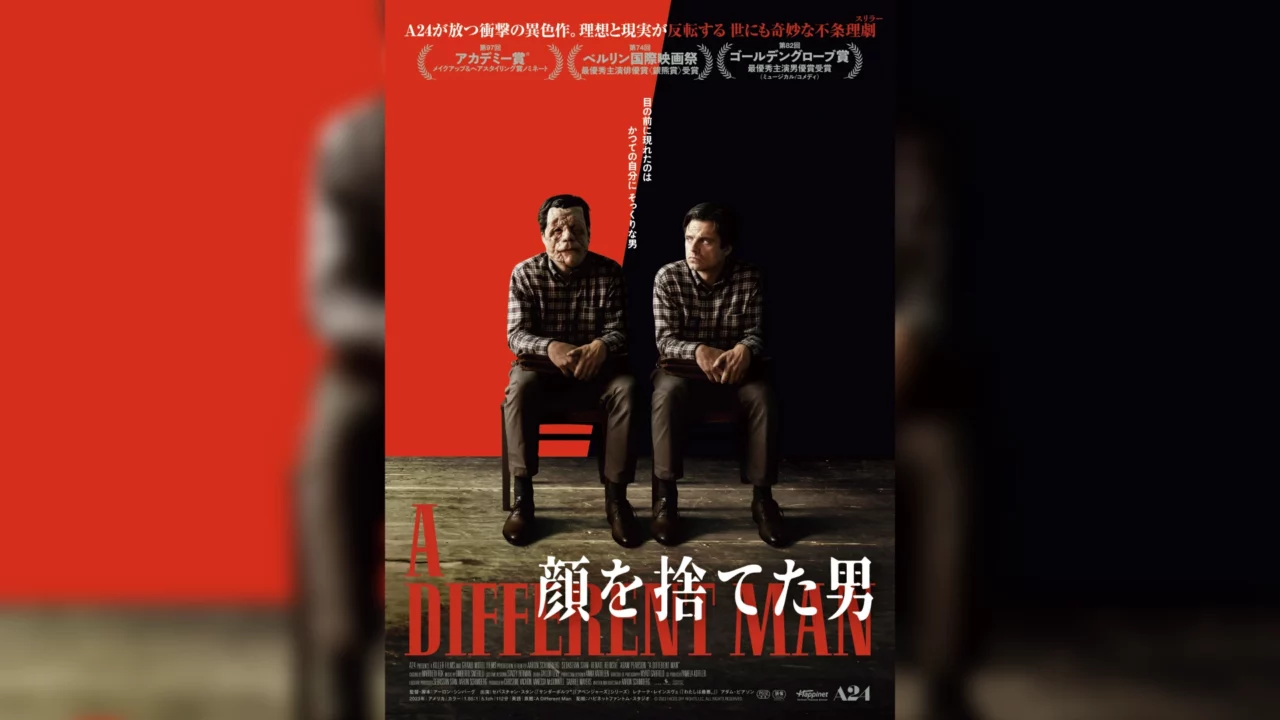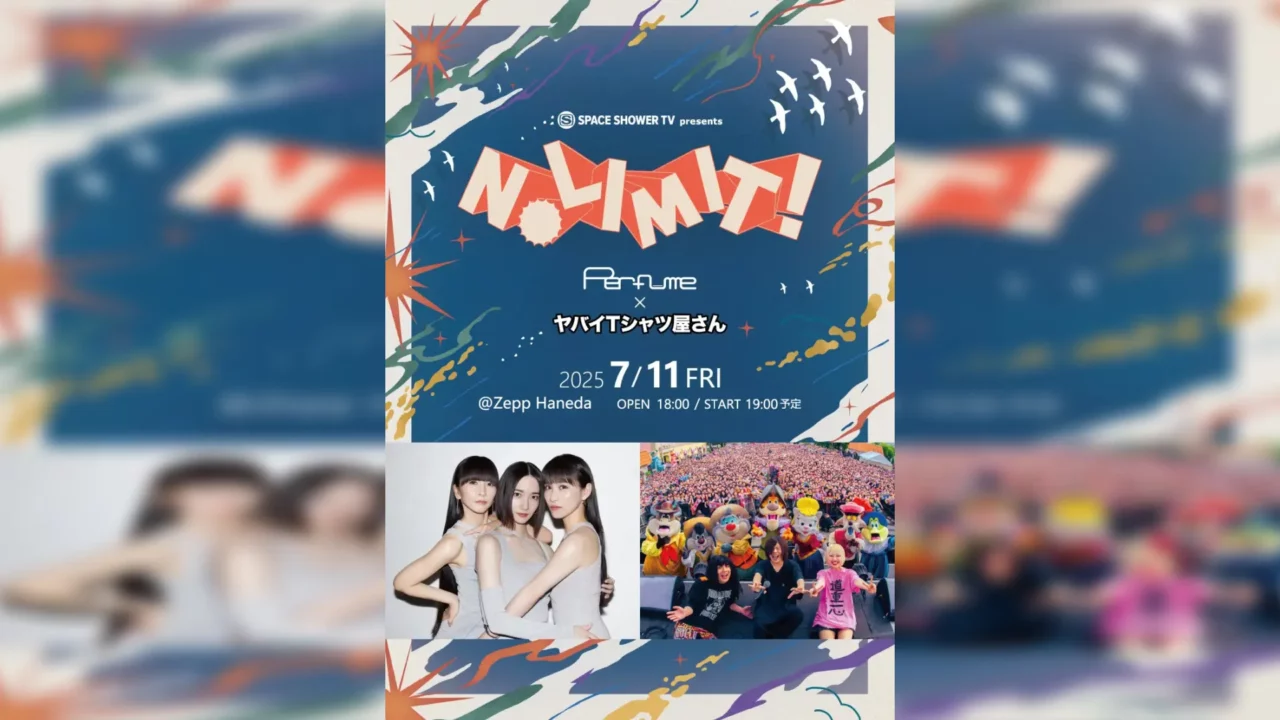At just nine years old, two boys crossed paths at a jazz school. Over the years, as they forged their own individual careers, they became pivotal figures in Japan’s modern jazz scene. Lifelong friends and friendly rivals, drummer Shun Ishiwaka and saxophonist Tomoaki Baba, reunited last year to collaborate as performers in the anime film ‘BLUE GIANT.’ Recently, both have released new works back-to-back.
Ishiwaka’s band, Answer to Remember, launched ‘Answer to Remember II,’ while Baba’s solo album, ‘ELECTRIC RIDER,’ marked bold new directions for both artists, further signaling the constant evolution of Japan’s jazz landscape. Responding to their casual wish to ‘chat over drinks,’ we made it a reality. In a relaxed setting, beers in hand, we delved into their childhood encounter, their musical philosophies, their latest projects, and the deep friendship that has shaped their shared jazz journey.
INDEX
“Shun Is the Reason I’m Still a Musician: Music Is the Only Thing That Ever Frustrated Me” (Baba)
Do you two often hang out like this, just drinking and chatting?
Baba: Not really. After gigs, we’re usually with other friends. The last time we had drinks just the two of us was around May of last year. Shun randomly messaged me, saying, ‘Hey, I’m nearby, are you free?’ So we ended up grabbing drinks for a couple of hours, right?
Ishiwaka: Yeah, I was feeling a bit lonely that day [laughs].
Baba: We all go through that sometimes [laughs].

Ishiwaka: I recall us having quite a passionate discussion. We were contemplating our next steps. We’ve matured as adults, but do we actually have a vision for what lies ahead?
That sounds like a serious topic.
Baba: When it’s just the two of us, those are the kinds of conversations we tend to have. It might be because we’re both busy, and those moments are really the only times we can dive into serious discussions.
Ishiwaka: We’ve been into jazz since childhood, which gives us a strong bond. But after high school, Tomoaki went to the U.S., while I remained active in Japan. We started collaborating again after he returned, but since we’re in different scenes, there’s always this sense of checking in on each other when we meet.
You both met at a jazz school in Hokkaido when you were nine. Did you have any awareness of each other back then?
Ishiwaka: Absolutely. The jazz school was quite large—about 40 students in the elementary division alone. Tomoaki was a soloist, taking the lead in the band and playing saxophone at the front. There were only a few who could play standout solos, and he was definitely one of them.

Percussionist. Born in Hokkaido in 1992. After attending the percussion program at the Music High School affiliated with Tokyo University of the Arts, he graduated from the university itself. He received the Akasaka Music Prize and the Douseikai Prize upon graduation. In addition to leading his own projects like Answer to Remember, SMTK, and Songbook Trio, he has participated in numerous live performances and works with various artists, including Quruli, Ringo Sheena, KID FRESINO, Oozora Kimijima, and CRCK/LCKS.
Baba: Was I playing well?
Ishiwaka: Absolutely, you were great. As a drummer, I didn’t stand at the front, but I always thought the essence of jazz lies in how a drummer responds to the improvisations of others and creates movement in the space. It was really enjoyable to play with Tomoaki in that context.
Baba: Isn’t it crazy that we were feeling those things back in elementary school? [laughs] I had no idea what the role of a drummer was at that time. Shun’s playing was incredible, but his knowledge was also impressive. He was like a music encyclopedia. He would say, “Have you heard this? It’s amazing!” and introduce me to all kinds of CDs. It was Shun who first introduced me to the debut work of Robert Glasper, and thanks to him, my knowledge of music really expanded.

Born in Sapporo, Hokkaido, in 1992. He entered Berklee College of Music in 2011 and, after graduating, based his activities in New York. After returning to Japan in 2020, he focused on his leader projects, releasing three leader albums, including ELECTRIC RIDER (2024). He performed the saxophone for the main character, Dai Miyamoto, in the animated film ‘BLUE GIANT,’ which was released in 2023.
Ishiwaka: When I was listening to real-time jazz, I didn’t have many friends around who could talk about music. So, I was looking for people with whom I could share knowledge and play together. One of those people was Tomoaki.
Baba: When we had sessions at the jazz school, Shun was always the one bringing in ideas, saying, “How about this arrangement?” He was making a lot of musical suggestions even back then, and I think that led to projects like Answer to Remember.
You’ve influenced each other since childhood.
Baba: The reason I’m still pursuing music is because of Shun. I didn’t come from a musical family, and I never really wanted to be a musician. I was also into swimming and had an interest in medicine. I didn’t dislike studying, and I had various things I wanted to do. But with music, I felt a sense of frustration. I wanted more opportunities and wanted to improve. I never felt that way while swimming. But when I met Shun at the jazz school, for the first time I thought, “I don’t want to lose to him!” If I hadn’t met Shun, I might have become a doctor by now. After a surgery, I might have been listening to Shun’s new work and thought, “He’s doing something really complex lately” [laughs].







